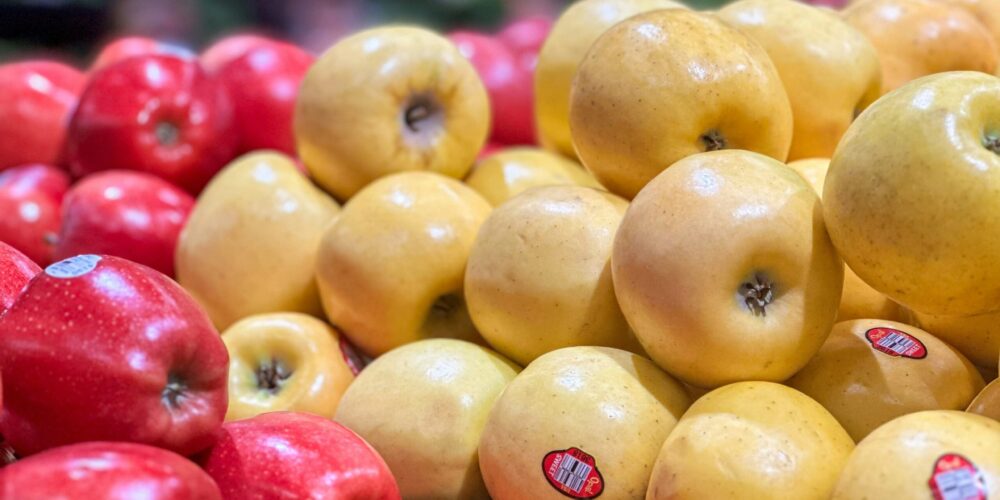Recent developments in Namibia have garnered attention, with several local articles…

Public-Private Partnerships: The Secret Weapon in Africa’s Agricultural Revolution
Lagos, Nigeria – Africa’s agricultural revolution is gaining momentum, but success hinges on strong partnerships. At Market Access Africa 2024 it was clear that public-private partnerships (PPPs) are emerging as a critical weapon in this fight, fostering economic growth and reducing dependence on imported food.
While Africa boasts a youthful workforce and rich natural resources, the continent still grapples with infrastructure gaps and technological limitations. PPPs bridge this divide by leveraging the strengths of both sectors.
Building a Stronger Foundation
On one hand, governments can create an attractive environment for private sector investment. This includes providing stable policies, facilitating access to land, and investing in essential infrastructure like irrigation systems and storage facilities. Private companies, in turn, bring much-needed capital, expertise, and technology to develop processing plants, distribution networks, and crucial market linkages.
This combined effort strengthens local economies. Jobs are created, tax revenue rises, and rural communities experience a much-needed boost. Take, for instance, the collaboration between a national research institute and a fertilizer company. The institute develops drought-resistant seeds, while the company provides these seeds and training to local farmers at a subsidized rate. This not only empowers farmers but also fosters a loyal customer base for the company.
Reducing Reliance on Imports:
PPPs can also significantly reduce Africa’s dependence on imported food. Imagine a scenario where public investment in storage facilities and transportation networks meets private sector expertise in logistics and processing. This not only reduces post-harvest losses but also ensures food reaches consumers efficiently. The result? Improved food security and less reliance on often expensive imported staples.
Furthermore, PPPs can promote import substitution. By supporting local production of key commodities like rice, wheat, and maize, these partnerships can strengthen food security and reduce pressure on foreign exchange reserves. Public incentives and private sector investment can be channeled towards these crops, allowing Africa to become self-sufficient.
Collaboration is Key:
The success of any PPP hinges on a collaborative spirit. Open communication, clearly defined roles, and a shared vision for achieving food security are essential. Governments, NGOs, and private companies need to work together to ensure benefits reach the bedrock of African agriculture – smallholder farmers.
Brighter Future:
By fostering a thriving agricultural sector, PPPs can significantly contribute to Africa’s economic transformation. Increased agricultural output will not only feed the continent’s growing population but also create export opportunities, generating additional revenue and further strengthening local economies.
Public-private partnerships may not be a magic solution, but they offer a powerful tool to unlock Africa’s agricultural potential. Through collaboration, resource sharing, and a shared vision, these partnerships can empower local economies, reduce import dependence, and propel Africa towards a future of food security and prosperity.


